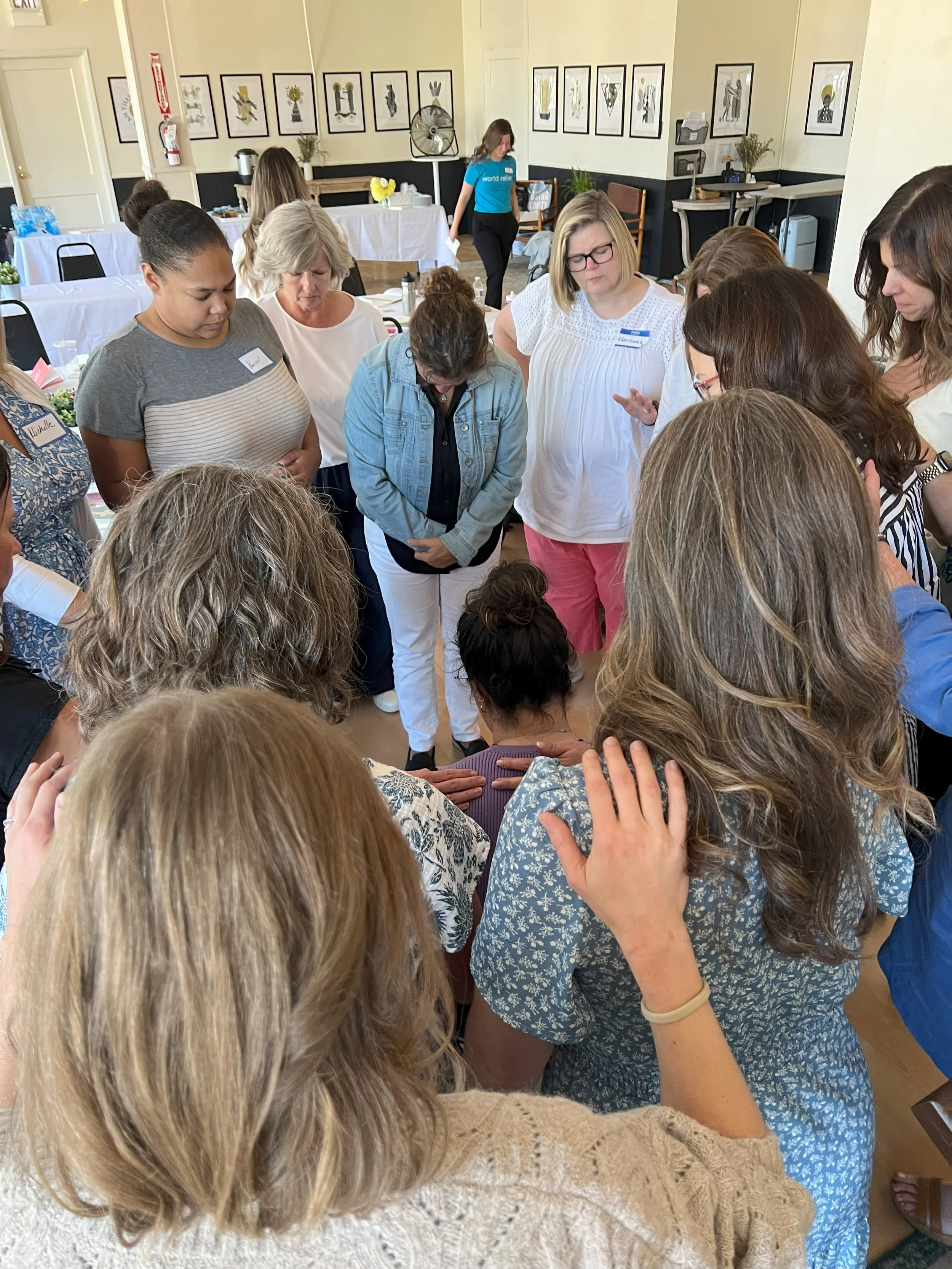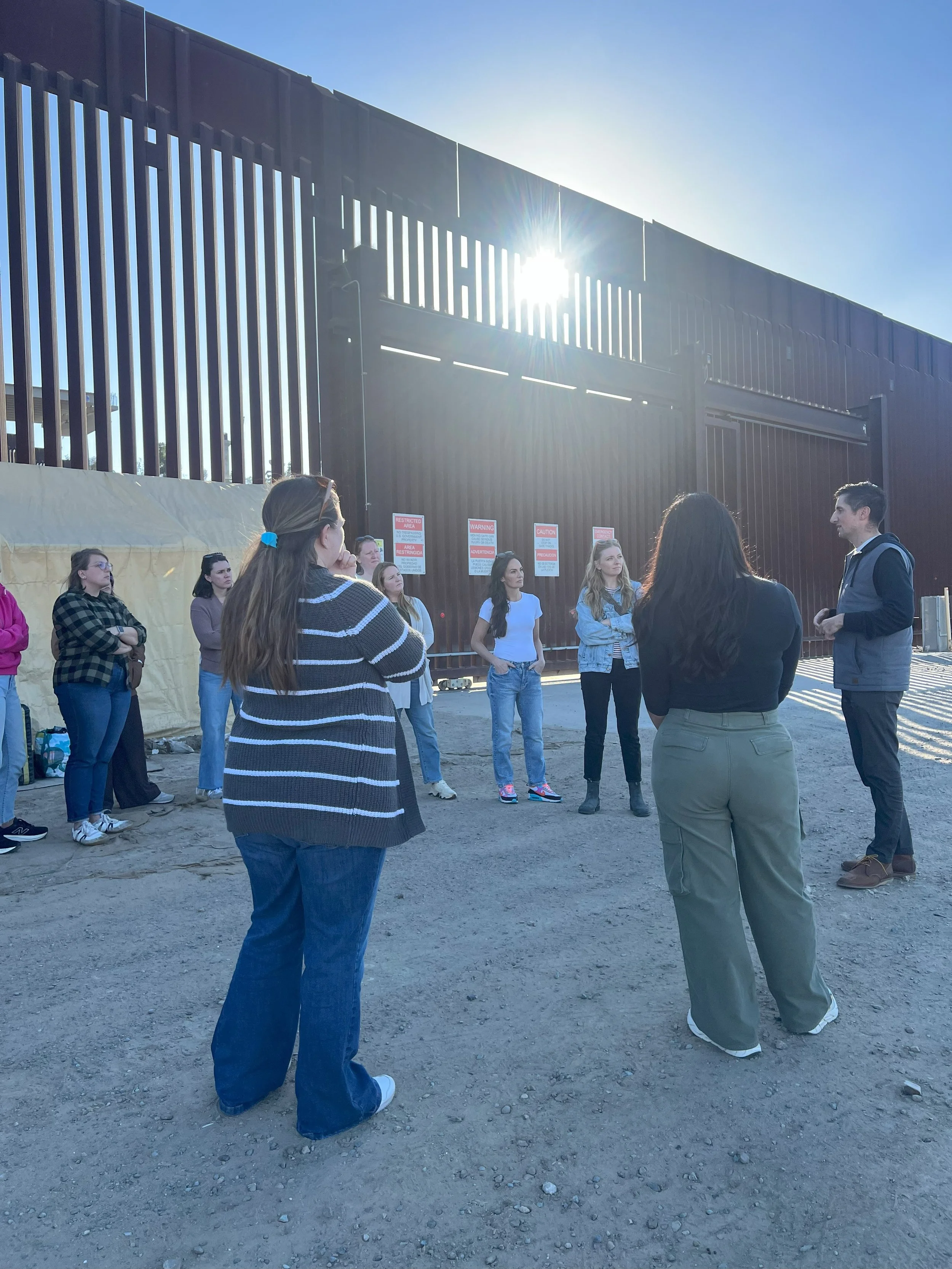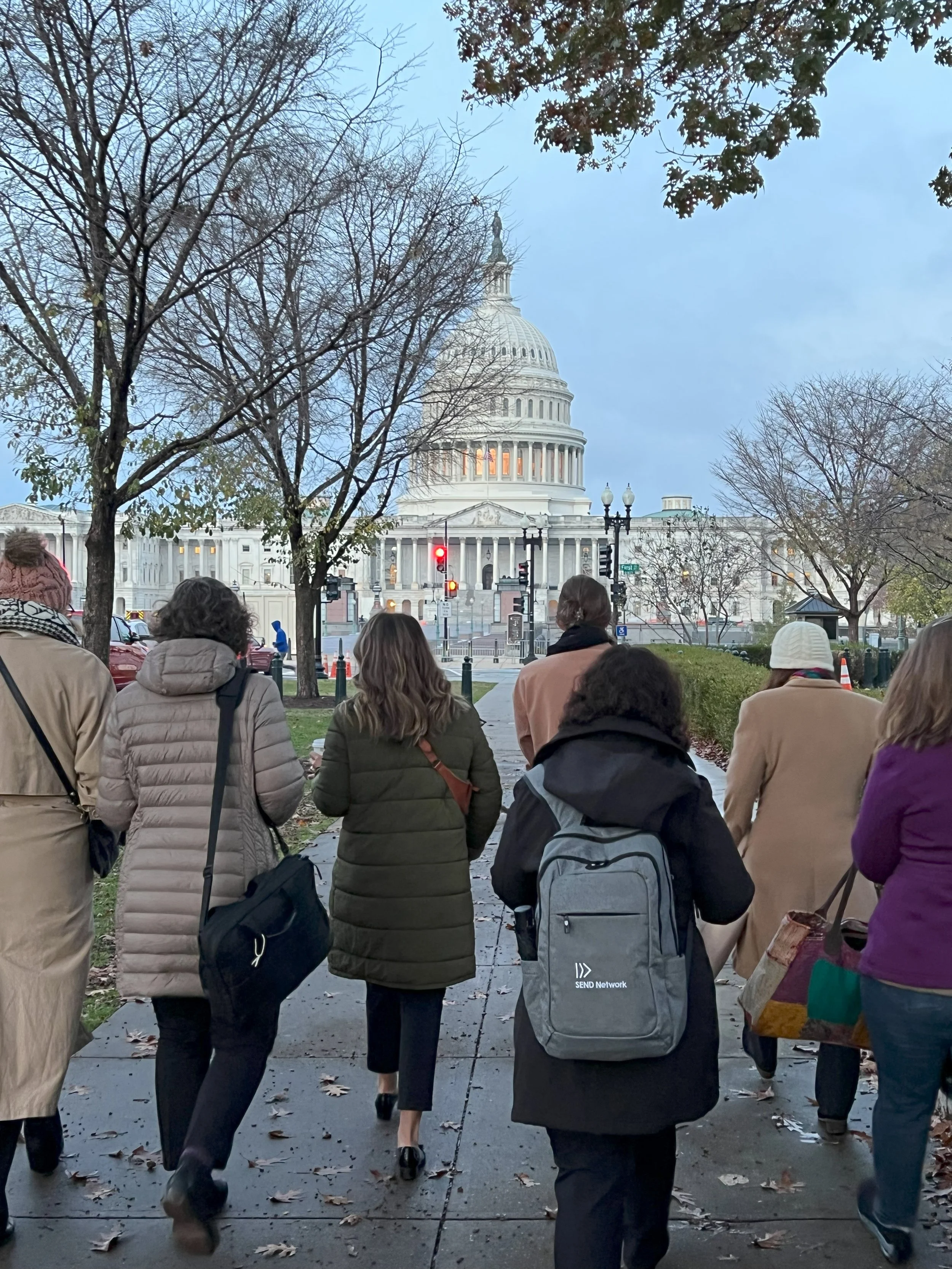You are welcome here.
You’re invited to join the movement.
Women of Welcome is a community dedicated to diving into the whole of scripture to understand God’s heart for the immigrant and refugee. We believe God calls us to a deep love for the vulnerable, the marginalized, and the forgotten. Together we’re on a journey to understand and live out biblical hospitality. We do this by encouraging, educating, engaging, and equipping our women with resources and experiences. We do this for the Glory of God and the health of His Church, and you’re invited to join this movement with us.
Encourage
Do you have compassion for immigrants and refugees but feel dismayed about how your compassion has somehow become controversial? Do you ever feel alone in your social circles after having beautiful experiences with immigrants in your own community, congregation, or on international mission trips? You're not alone. You've just found a community of like-minded Christian women who are invested in sharing, praying, and encouraging one another in loving immigrants and refugees well.
Educate
While the Bible says nothing about U.S. immigration policy, it has a lot to say about God's heart for immigrants. Our unwavering worldview about the dignity and sanctity of every human life provides the framework for all that we do.
From practical biblical application to news headline translation to accurate storytelling, we exist to attach confidence to your compassion so that you're ready to have charitable and Christ-honoring conversations in this space. All of our resources are free and designed for individual or small group use.
Engage
Proximity is powerful because it makes things personal. While we host immersive learning trips to the border and local events around the country, most of your proximity and learning will come from engaging in your own community. From local ministries and support groups to immigrant-led congregations and ESL classrooms, immigrants and refugees are near you and are desperate to experience the comfort Jesus offers through our closeness and service to others. Attend an event, start a local chapter, volunteer it your city. We'll help you get connected.
Equip
Scripture tells us that we are to care for those on the margins. Throughout the Old and New Testaments, we are given commands and examples of how we are to speak up for the vulnerable in our midst. We're not called to partisan politics, but rather compelled to engage in public policy for the flourishing of our neighbors. But how do we use our voices in this space? From policy briefs to phone scripts, and advocacy opportunities, we're here to do this wisely and faithfully together.





